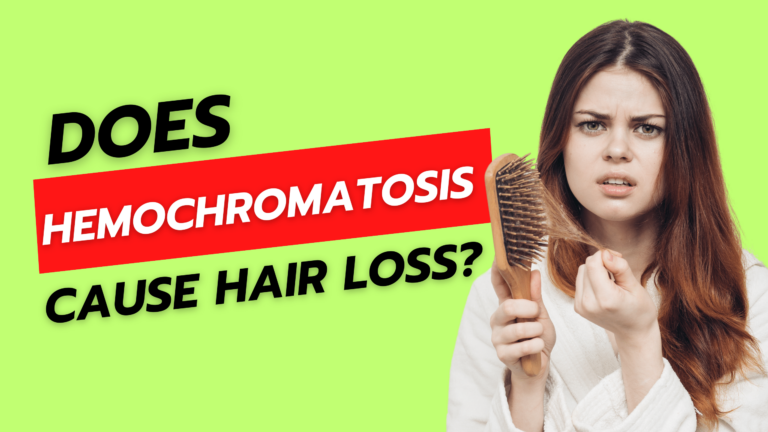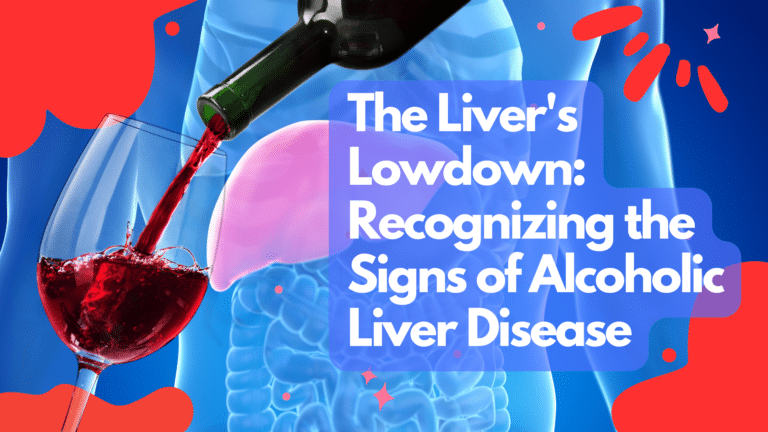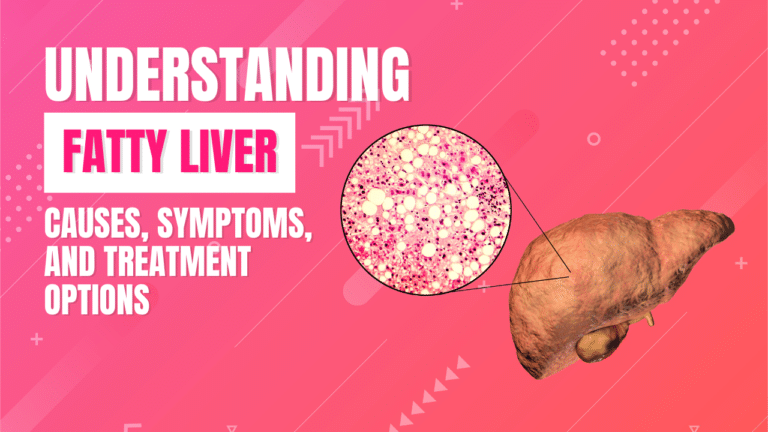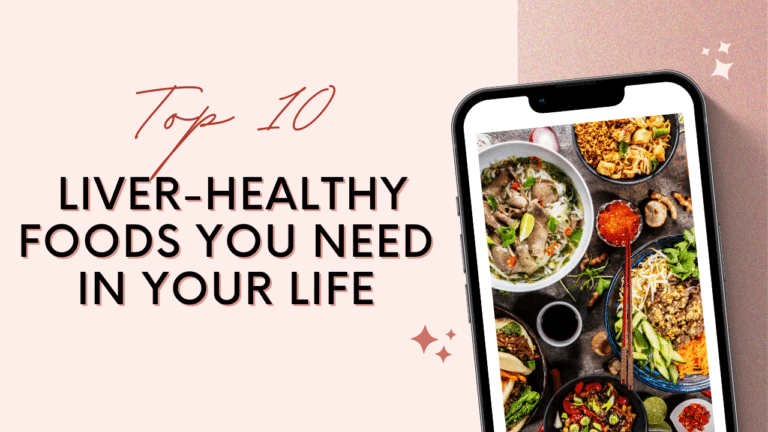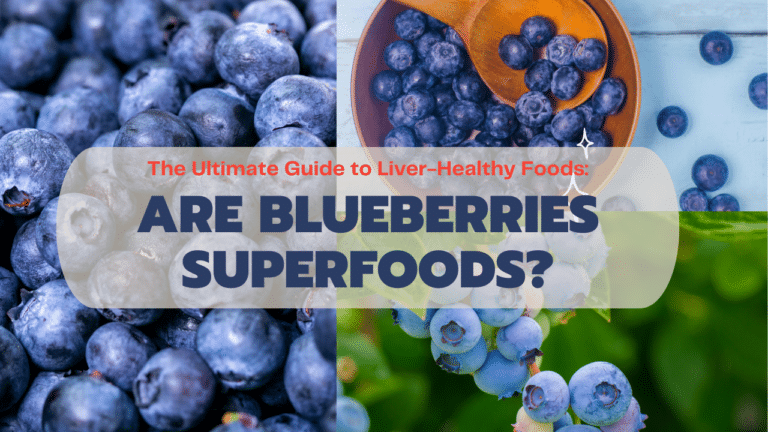Your liver is one of your body’s most vital organs, working around the clock to detoxify harmful substances, process nutrients, and support metabolism. This remarkable organ performs over 500 essential functions, making its health crucial for your overall wellness and longevity. The good news is that the foods you choose to eat can significantly impact your liver’s ability to function optimally and protect itself from disease.
In this comprehensive guide, we’ll explore the science-backed nutritional strategies that can support, protect, and even help restore liver function. From the Mediterranean diet’s proven benefits to specific foods that act as natural liver protectors, you’ll discover actionable dietary approaches that may prevent liver disease and support long-term vitality. We’ll also highlight which foods and habits to avoid, and how preventive screening can work alongside proper nutrition for optimal liver wellness.
Foods That Support Liver Health
The foundation of liver-friendly nutrition lies in choosing whole, nutrient-dense foods that provide antioxidants, healthy fats, and anti-inflammatory compounds. Research consistently shows that certain foods can actively protect liver cells, reduce inflammation, and support the organ’s natural detoxification processes. Let’s explore the top categories of liver-supporting foods and understand why they’re so beneficial.
Fatty Fish & Omega-3s
Incorporating fatty fish like salmon, sardines, mackerel, and tuna into your diet provides powerful omega-3 fatty acids that are particularly beneficial for liver health. Omega-3 fatty acids help reduce inflammation and prevent fat buildup in the liver, making them especially valuable for preventing and managing non-alcoholic fatty liver disease (NAFLD).
These essential fats work by improving the liver’s ability to process and eliminate excess fat while reducing inflammatory markers that can damage liver cells over time. Aim for at least two servings of fatty fish per week, or consider plant-based omega-3 sources like flaxseeds, chia seeds, and walnuts if you follow a vegetarian diet.
Antioxidant-Rich Foods
Berries, leafy greens, garlic, turmeric, and green tea form a powerful arsenal against liver oxidative stress. These foods contain compounds that neutralize harmful free radicals and support the liver’s natural detoxification pathways. Blueberry and cranberry extracts have demonstrated protective effects against liver damage in human cell studies, highlighting the specific benefits of these colorful fruits.
Dark leafy greens like spinach, kale, and arugula provide chlorophyll and various antioxidants that help the liver process toxins more effectively. Garlic contains sulfur compounds that activate liver enzymes responsible for flushing out toxins, while turmeric’s active compound curcumin has potent anti-inflammatory properties that protect liver cells from damage.
Whole Grains & Legumes
Whole grains and legumes provide sustained energy while supporting metabolic stability and reducing fat accumulation in the liver. Unlike refined carbohydrates that can spike blood sugar and stress the liver, whole grains like quinoa, brown rice, and oats provide fiber that helps regulate glucose levels and supports healthy digestion.
Legumes such as lentils, chickpeas, and black beans are excellent sources of plant-based protein and fiber. They help maintain stable blood sugar levels while providing the liver with essential amino acids needed for detoxification processes. The fiber in these foods also supports gut health, which is increasingly recognized as important for liver wellness.
Coffee
For many people, this might be the most welcome news: regular coffee drinkers have a 40% lower risk of liver fibrosis compared to non-drinkers. The protective effects of coffee likely stem from its rich antioxidant content and compounds that help prevent the formation of scar tissue in the liver.
Moderate coffee consumption (2-3 cups per day) has been consistently linked to reduced risk of liver disease, including fatty liver and cirrhosis. The key is to enjoy coffee without excessive added sugars or high-fat creamers that could counteract its beneficial effects.
Olive Oil & Nuts
Extra virgin olive oil and a variety of nuts form the foundation of heart-healthy and liver-friendly eating patterns. These foods provide monounsaturated fats that support anti-inflammatory pathways while delivering vitamin E and other antioxidants that protect liver cells from damage.
Almonds, walnuts, pistachios, and other tree nuts contain healthy fats, protein, and vitamin E that work together to support liver health. Studies suggest that people who regularly consume nuts have better liver enzyme levels and reduced risk of fatty liver disease compared to those who rarely eat nuts.
Dietary Patterns for Liver Wellness
While individual foods matter, the overall pattern of your eating habits has the most significant impact on liver health. Research has identified specific dietary approaches that consistently support liver function and reduce disease risk. Understanding these patterns can help you make informed choices about how to structure your meals for optimal liver wellness.
Mediterranean Diet
The Mediterranean diet remains the gold standard for supporting liver health, featuring a balanced approach that includes whole grains, fruits, vegetables, lean proteins, legumes, olive oil, and nuts. This eating pattern has been extensively studied and consistently shows benefits for liver health markers.
A 2021 study found that adherence to a Mediterranean diet reduced liver fat and improved markers of liver function in at-risk populations. The diet’s emphasis on whole foods, healthy fats, and minimal processed ingredients creates an optimal environment for liver health while providing sustained energy and essential nutrients.
The Mediterranean approach isn’t just about individual foods – it’s about a lifestyle that includes regular physical activity, moderate portions, and social eating experiences that promote overall wellness.
Intermittent Fasting & Calorie Restriction
Emerging research suggests that when you eat may be almost as important as what you eat for liver health. Intermittent fasting and calorie-restricted diets show promise for reducing liver fat and improving metabolic health, with ongoing research exploring personalized approaches based on individual genetics and microbiome profiles.
These eating patterns may help give the liver time to process stored fats and toxins while improving insulin sensitivity. However, it’s important to approach any fasting regimen under medical supervision, especially if you have existing health conditions or take medications.
Lifestyle Pairings
Nutrition works best when combined with other healthy lifestyle practices. Regular exercise enhances the liver’s ability to metabolize fats and maintain healthy function, while good sleep hygiene supports the body’s natural detoxification processes that occur during rest.
Exercise and other lifestyle modifications including not smoking, good sleep, regular oral hygiene, and reducing sedentary behavior are complementary for liver health and prevention of non-alcoholic fatty liver disease. These habits work synergistically with proper nutrition to create comprehensive liver support.
Foods & Habits to Avoid
Understanding which foods and habits can harm your liver is just as important as knowing which ones help. The liver bears the burden of processing everything we consume, and certain substances can overwhelm its capacity and lead to inflammation, fat accumulation, and cellular damage. Making conscious choices to limit these liver stressors can significantly impact your long-term health outcomes.
The primary culprits for liver damage include alcohol, added sugars, processed foods, trans fats, and high-sodium items. Limiting alcohol, added sugars, and processed foods is strongly recommended to prevent or manage fatty liver disease and other liver conditions. These substances stress liver tissue and increase the risk of developing serious liver conditions.
Alcohol is perhaps the most well-known liver toxin, as it requires significant energy and resources for the liver to metabolize. Even moderate alcohol consumption can interfere with the liver’s other functions and contribute to fat accumulation. Added sugars, particularly high-fructose corn syrup found in many processed foods and beverages, can overwhelm the liver’s ability to process sugar and convert excess amounts to fat.
Ultra-processed foods often contain multiple liver stressors in one package: added sugars, unhealthy fats, excess sodium, and artificial additives that require extra work from the liver to process. These foods also tend to be low in the nutrients that support liver health, creating a double burden on this vital organ.
Liver Health, Prevention & Testing
Prevention remains the most effective strategy for maintaining liver health throughout your lifetime. Early detection of liver problems, combined with appropriate dietary and lifestyle interventions, can prevent progression to more serious conditions and help restore optimal liver function. Understanding your current liver health status provides valuable information for making informed decisions about your nutrition and lifestyle choices.
NAFLD affects roughly 25% of adults worldwide, with rising prevalence in the U.S. as of 2025. This staggering statistic highlights the importance of proactive liver health monitoring, especially given that fatty liver disease often develops silently without obvious symptoms until it reaches advanced stages.
Regular liver function testing can detect early changes in liver enzymes and other markers before symptoms appear. These tests provide insight into how well your liver is processing fats, proteins, and toxins, allowing you to adjust your diet and lifestyle accordingly. Walk-In Lab offers comprehensive liver function panels and NAFLD risk assessments that are affordable, confidential, and convenient – requiring no doctor’s visit or insurance approval.
Early detection paired with nutritional interventions has been shown to be highly effective in reversing fatty liver disease and preventing progression to more serious conditions like cirrhosis or liver failure. The combination of proper testing and evidence-based nutrition creates a powerful approach to liver wellness.
FAQs
What are the best foods for liver health?
The top liver-supporting foods include fatty fish rich in omega-3s (salmon, sardines), antioxidant-packed options like berries and leafy greens, nuts, olive oil, garlic, turmeric, whole grains, and green tea. These foods each provide anti-inflammatory or antioxidant support for liver cells, helping protect against damage while supporting natural detoxification processes.
Is coffee good or bad for your liver?
Regular, moderate coffee intake has been shown to protect against liver disease and lower fibrosis risk, likely due to its antioxidant content. Studies consistently show that coffee drinkers have lower rates of liver disease, including fatty liver and cirrhosis, compared to non-drinkers. The key is consuming 2-3 cups daily without excessive added sugars or high-fat additions.
Which foods should I avoid for better liver health?
Limit alcohol, sugary snacks and drinks, processed foods, high-sodium items, trans fats, and ultra-processed foods. These substances stress liver tissue and increase disease risk by overwhelming the liver’s processing capacity and promoting inflammation and fat accumulation.
Can diet help treat non-alcoholic fatty liver disease (NAFLD)?
Yes, dietary interventions can be highly effective for NAFLD. Mediterranean diet adherence, reducing total calories, and avoiding processed sugars and meats can lower liver fat and improve function in NAFLD patients. Many people can reverse fatty liver disease through consistent dietary and lifestyle changes.
Are supplements necessary for liver health?
Whole foods are the preferred source for liver-supporting nutrients including antioxidants, omega-3 fatty acids, B vitamins, and choline. Most people can obtain all necessary nutrients through a well-planned diet focused on liver-friendly foods. Supplements should only be considered under medical supervision and are typically unnecessary for those following a balanced, whole-foods diet.
Conclusion
Supporting your liver through nutrition is one of the most powerful steps you can take for long-term health and vitality. The evidence is clear: a Mediterranean-style diet rich in omega-3 fatty acids, antioxidants, whole grains, and healthy fats provides optimal support for liver function while protecting against disease. By choosing liver-friendly foods like fatty fish, berries, leafy greens, nuts, and olive oil while avoiding processed foods, excess sugar, and alcohol, you create an environment where your liver can thrive.
Remember that liver health is about more than just individual food choices – it’s about adopting sustainable eating patterns supported by regular physical activity, adequate sleep, and stress management. The combination of proper nutrition and early detection through regular liver function testing provides the best protection against liver disease and supports optimal wellness throughout your life.
Take charge of your liver health today by implementing these evidence-based nutritional strategies and consider baseline liver function testing to understand your current health status. Walk-In Lab offers comprehensive, affordable liver health panels that can provide valuable insights into your liver function, helping you make informed decisions about your nutrition and lifestyle choices for years to come.
This information is for educational purposes only and is not intended as medical advice. Always consult with a healthcare provider before making significant dietary changes or if you have concerns about liver health.
